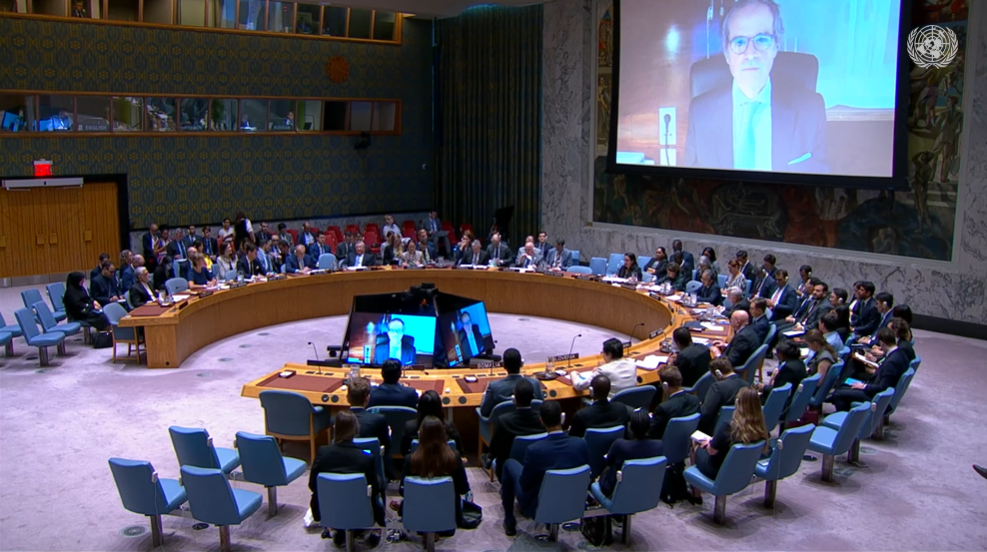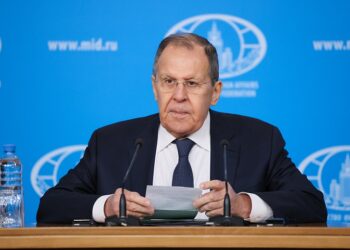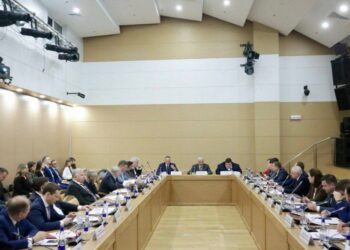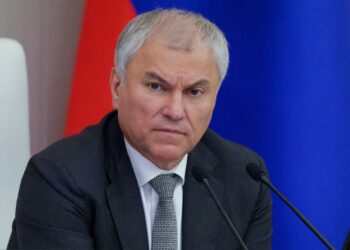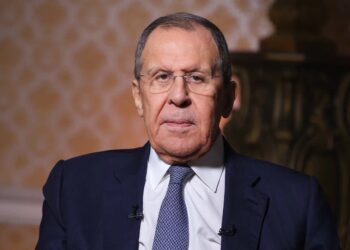NEW YORK (Realist English). Russia’s Permanent Representative to the United Nations, Vassily Nebenzia, issued a strong condemnation of Israel’s recent strikes on Iran during an emergency meeting of the UN Security Council on Thursday. He warned that Tel Aviv’s actions risk dragging the Middle East into a large-scale war and a potential nuclear catastrophe.
Speaking after briefings by UN Under-Secretary-General Rosemary DiCarlo and IAEA Director General Rafael Grossi, Nebenzia expressed condolences to the Iranian government and people over civilian casualties caused by Israeli attacks. He criticized what he called a “dangerous escalation” and labeled Israel’s actions as a blatant violation of the UN Charter and international law.
According to the Russian envoy, Israeli warplanes conducted overnight strikes on June 13 targeting sleeping cities, civilian infrastructure, and peaceful nuclear sites under IAEA safeguards. “This unprovoked aggression is being passed off by Israel as self-defense, but it is in fact an act of unlawful military adventurism,” Nebenzia said. He added that the Israeli leadership appears to believe it can act with impunity, replacing international institutions such as the UN Security Council and the IAEA with unilateral force.
Nebenzia specifically warned of “radiological consequences” from damage to Iranian nuclear infrastructure. He accused Israel of deliberately sabotaging ongoing diplomatic efforts between Iran and the United States, including indirect talks previously set for June 15.
Russia also placed blame on Israel’s allies, particularly the United States, France, Germany, and the United Kingdom, for fostering an atmosphere of hostility. Nebenzia claimed these countries “fueled anti-Iran hysteria” at both the Security Council and the IAEA Board of Governors, pushing Tehran into a corner while failing to uphold their commitments under the 2015 Joint Comprehensive Plan of Action (JCPOA).
He cited the U.S. withdrawal from the nuclear deal in 2018 and the subsequent reimposition of sanctions as the root causes of the current crisis. “Iran has long shown restraint, maintained cooperation with the IAEA, and sought dialogue. But these efforts have been consistently undermined by Western double standards,” he said.
Russia also raised concerns about reports of Israeli military coordination with British intelligence and alleged that Israeli aircraft were sheltered at a UK base in Cyprus following the strikes. Moscow further noted that Germany, France, Italy, and the U.S. were reportedly informed in advance of the operation.
“The responsibility for the consequences of this operation lies not only with Israel but also with its enablers,” Nebenzia stressed, warning that any future escalation would risk uncontrollable fallout.
He called on the IAEA leadership to provide an impartial assessment of the situation, particularly regarding threats to agency personnel and radiological safety.
Concluding his remarks, the Russian envoy urged the Security Council to deliver a clear legal and political assessment of Israel’s actions, end military provocations, and support diplomatic solutions. “There is no legitimate or viable military option to the Iranian nuclear issue. Only a political and diplomatic path can ensure stability,” Nebenzia said.
Russia reaffirmed its commitment to international law, the UN Charter, and dialogue-based conflict resolution.


